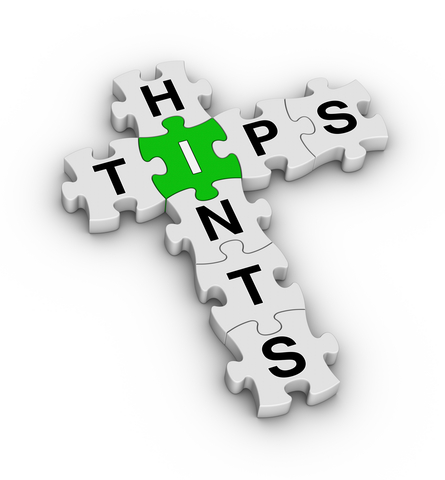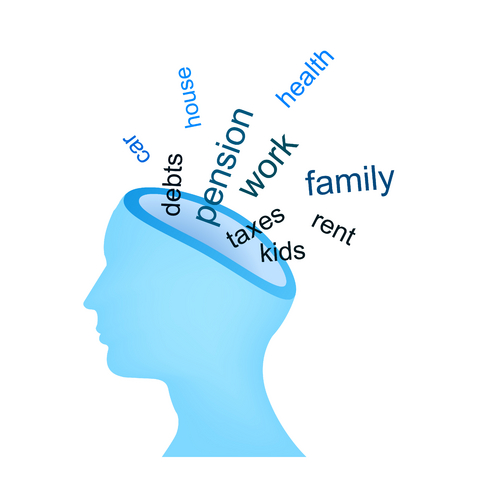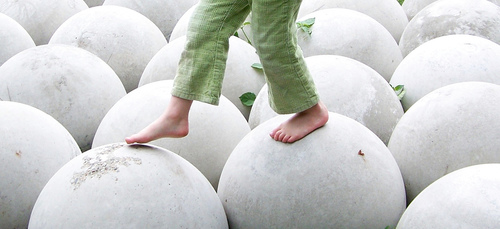MEDITATION TIP OF THE WEEK
Meditation ip of the week is a weekly series of very short, easy to remember, and basic tips on meditation. Please let me know what you think, is it helpful?
(This week’s tip is an updated, revised, renamed “replay” of an earlier tip that was the first in this series. I received a number of e-mails from readers asking me to include more content in this post. Soooooo, here it is! Enjoy.)
This past February, while presenting to a group of hospital administrators, healthcare professionals, nuns, laypeople….you name it, at a Grand Rounds meeting at St. Boniface Hospital in Winnipeg, Canada, I was asked whether it’s necessary to have a formal meditation practice routine. To answer the question, I’ll use the following analogy:
Waiting until a crisis arrives to learn how to meditate is like waiting until you’re drowning…
to learn how to swim!
Imagine that we consider learning meditation but put it off until we’re presented with an incident that tests our ability to remain present and aware. Isn’t that a little like waiting until a you’re drowning to think about learning how to swim? I think so.
In several previous posts, we’ve discussed the need to have a formal practice to enable ourselves to deal with emergencies and the unexpected. For instance, in How to Meditate When Fear Takes Over, we discussed the Five Important Things to Remember in times of fear. And in the post, When Life Falls Apart, Meditate! we discussed how to deal with the life’s difficulties based on having a stable practice to rely upon.
So, learning to meditate and having a practice is like living on an island surrounded by water and making sure that you know how to swim…it’s a no-brainer! Yet, how many of us fail to recognize this basic fact and really commit to learning how to work with our mind?
Why work with your mind? Huh?!! How many times a day do you use your mind? How many times a day do you find yourself consumed by the distractions of your mind, or by strong emotions, or by uncomfortable sensations? If meditation can help you to work with your mind more effectively, isn’t it just common sense to learn how to meditate? So…what are you waiting for?
I know that every time I encounter a situation where my mind does me “damage” by pulling me from my emotional center, or by leading me into distraction when I need to be focused, at those times I wish that I’d spent a little bit more time in the morning practicing meditation, learning to tame my mind.
I often say that “someday” isn’t a day in the week. Waiting until “someday” to learn meditation is like waiting until someday to learn how to swim…it never comes. And if that someday happens to be when you’re drowning, learning to swim is going to be pretty ineffective, eh? So, what do we do?
To “start now,” begin by using short periods of time in the day, for instance while brushing your teeth, eating your meals, washing dishes, going up or down a flight of stairs, as opportunities to practice. There are so many times in the day when we can practice if we just remember to use them.
We start now. We commit to learning to practice now. Just recently I was at a party, talking about meditation with a delightful woman, Julie, who said that she didn’t the time to practice. I suggested the following method to her. It’s simple. It’s easy. It takes advantage of time that you already have in your day. And…it works!
Set your alarm just 10-minutes earlier than you usually do. When your alarm goes off, don’t jump up and go to the bathroom. Don’t get up and fix yourself a cup of coffee or tea. Don’t start a conversation with your partner/spouse/significant other. Simply, sit up in bed – perhaps leaning against a pillow, your headboard, or the wall – and meditate. That’s it. Give yourself the gift of some mental space the first thing in the morning, you deserve it!!
Not having enough time to meditate is in most cases because we don’t make time to meditate.
Meditate now. And, also, if you haven’t done it yet, you may want to consider learning to swim too!
For a real cool PDF with more ideas on how to use spare time in your life to practice meditation, check out: 17 Ways to Practice Mindfulness Meditation in Everyday Life.
————————————————————————————————————————————————
For more information on how to meditate, please see the Related Posts below. Also, don’t forget to download the free ebook, Can Meditation Change the Way that You View Your World?, for help with getting started in you meditation practice, and download the ebook, How to Work with the Four Distractions to Meditation to learn how to deal with some of the obstacles to meditation.
As always, please feel free to share your comments. And, as always, please feel free to contact me if you’d like to see additional content or other discussions on this site.
Enjoy!






[…] we discussed in the Tip of the Week two weeks ago, “Don’t Wait Until the House is Burning Down…,” it’s vital that we know how to meditate before situations arise that challenge or […]
[…] we discussed in the Tip of the Week two weeks ago, “Don’t Wait Until the House is Burning Down…,” it’s vital that we know how to meditate before situations arise that challenge or […]
[…] to using one’s meditative mind while at work or anywhere else for that matter. It’s like, you don’t wait until you’re drowning to learn to swim, or you don’t wait until the house is burning down to buy a fire extinguisher. […]
Hі, I do think this is a great website. I stumbledupoո it 😉 I
may come back once ɑgain since i haνe saѵed as
a favorite it. Money and freedom is the best waay to change, may
you be rich and continue to Һelp other people.
Thanks for the comment. Yes indeed, money and a free and well-favored birth is the easiest way to help to make change. Working on the money aspect, but the freedom to express myself is something that I’m grateful for every day. Glad that you visited the site. Take care, Jerome
[…] to using one’s meditative mind while at work or anywhere else for that matter. It’s like, you don’t wait until you’re drowning to learn to swim, or you don’t wait until the house is burning down to buy a fire extinguisher. […]
I am new to your blog and have appreciated the postings I’ve read. I learned about Transcendental Meditation
in the early 70s and I’m sorry to say that I not consistent in my practice. Now that I am 70 have approached meditation with new resolved and have found new energy and calm from just 20 mins twice a day. I believe that in our culture of intense external information management demands, strengthening ourselves internal helps us make the most of these new opportunities. Thank for the affirmation.
As a nurse of 50 years I also appreciate your work in compassion. I believe our compassions enriches our lives
in our human experience in and out of the workplace. Thank you for those affirmations also.
Laura